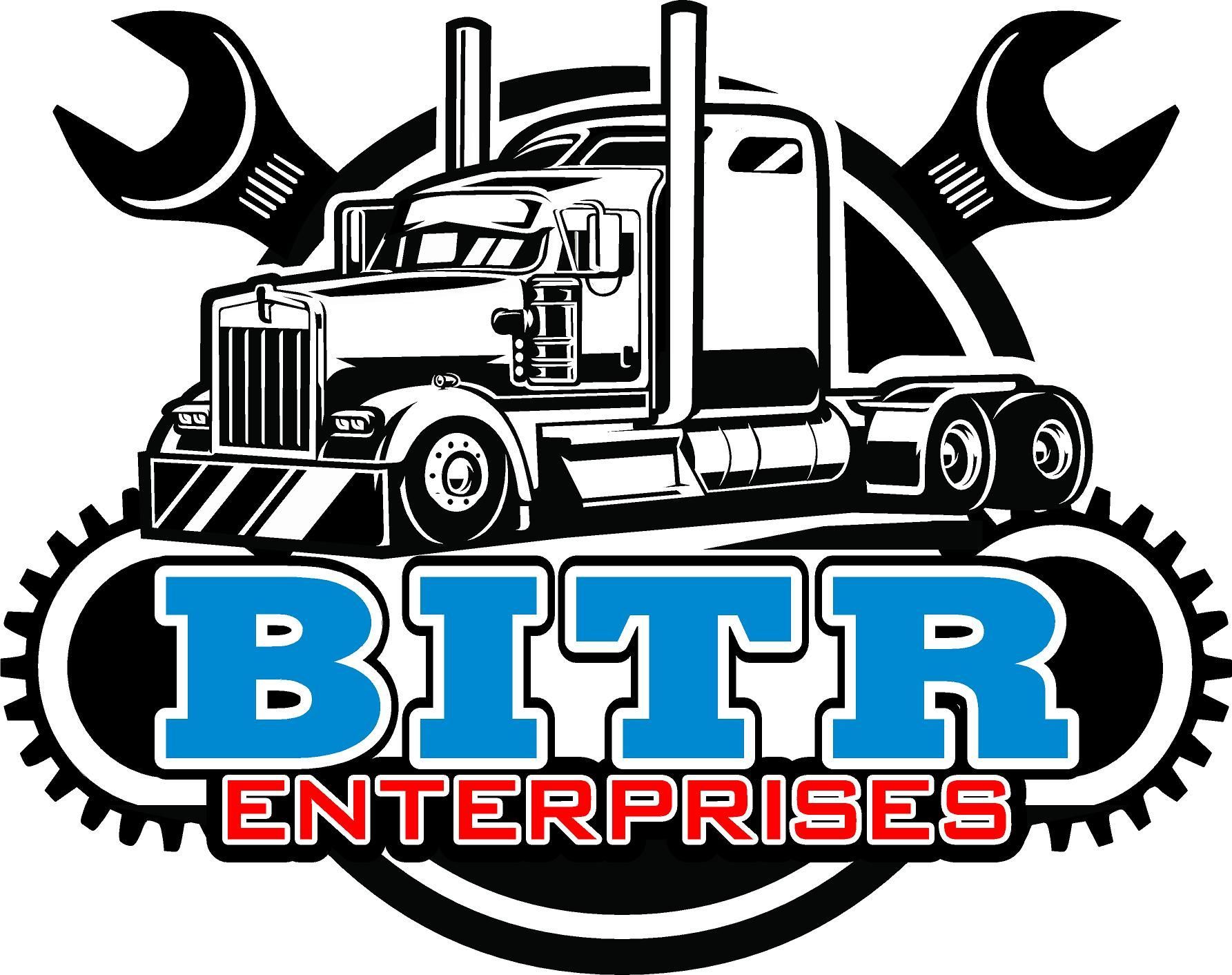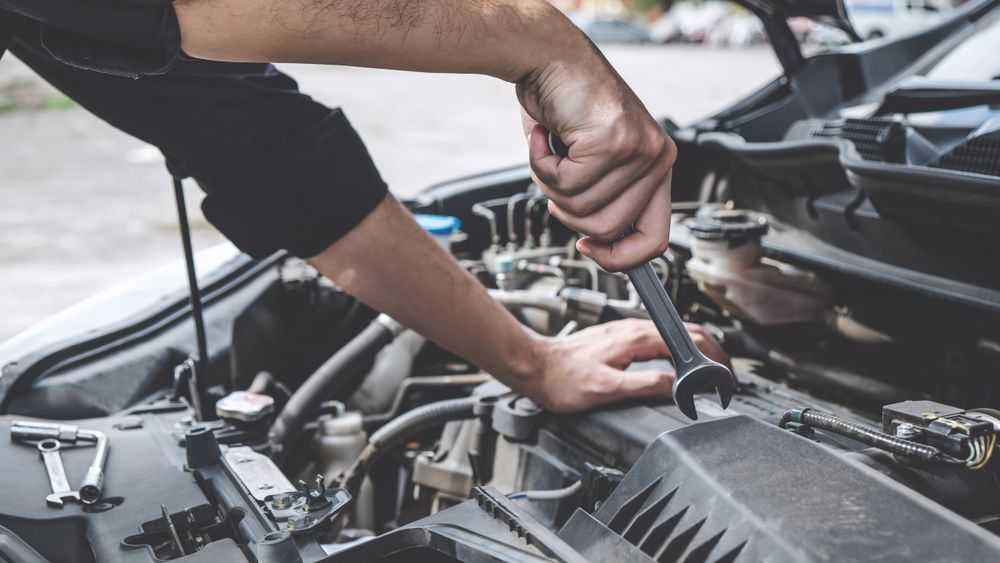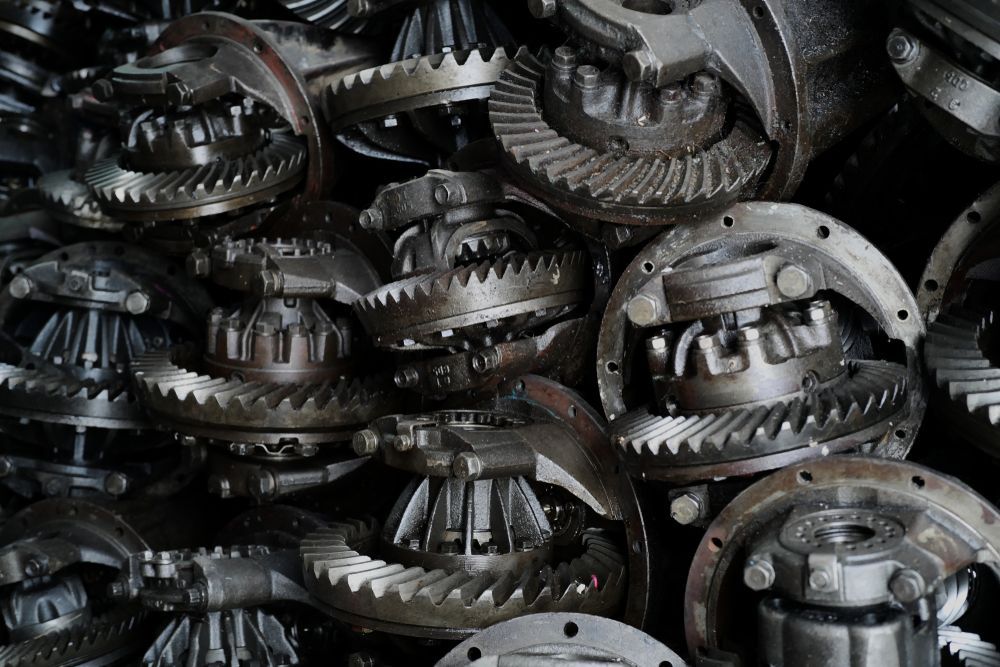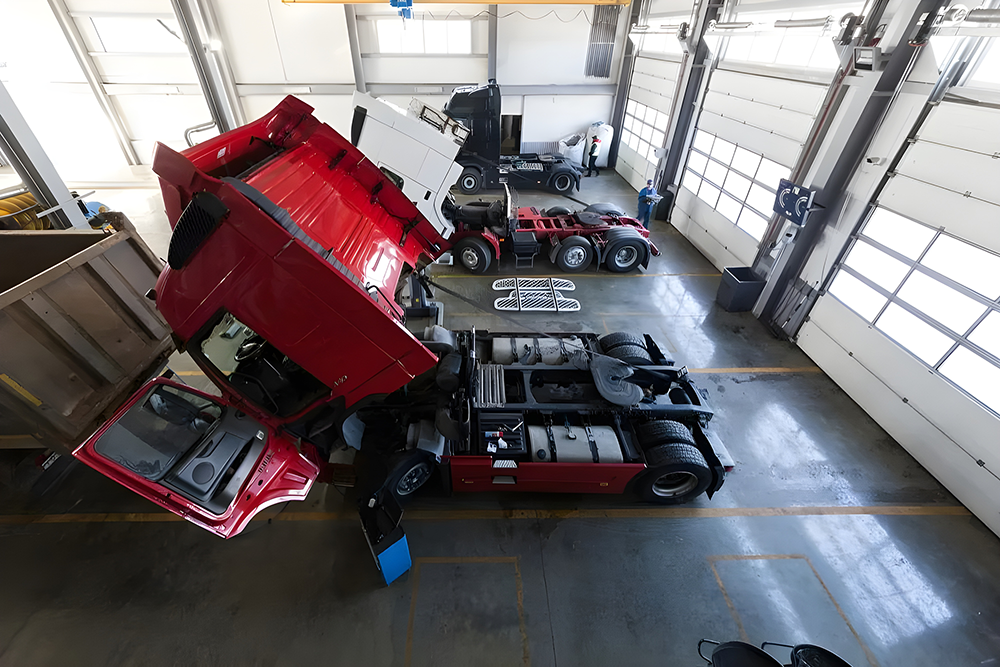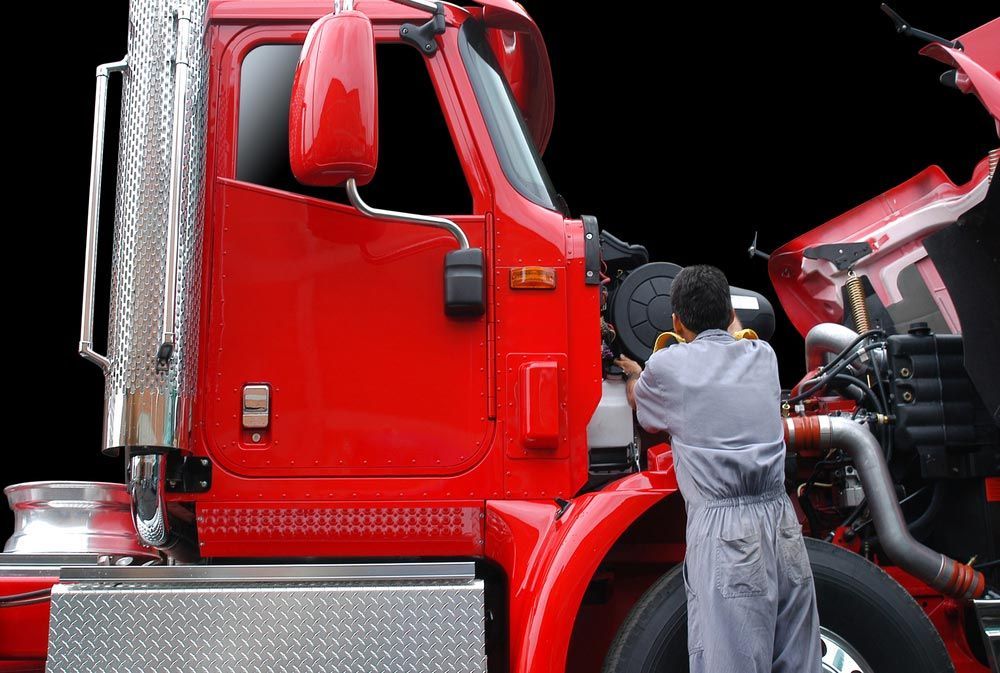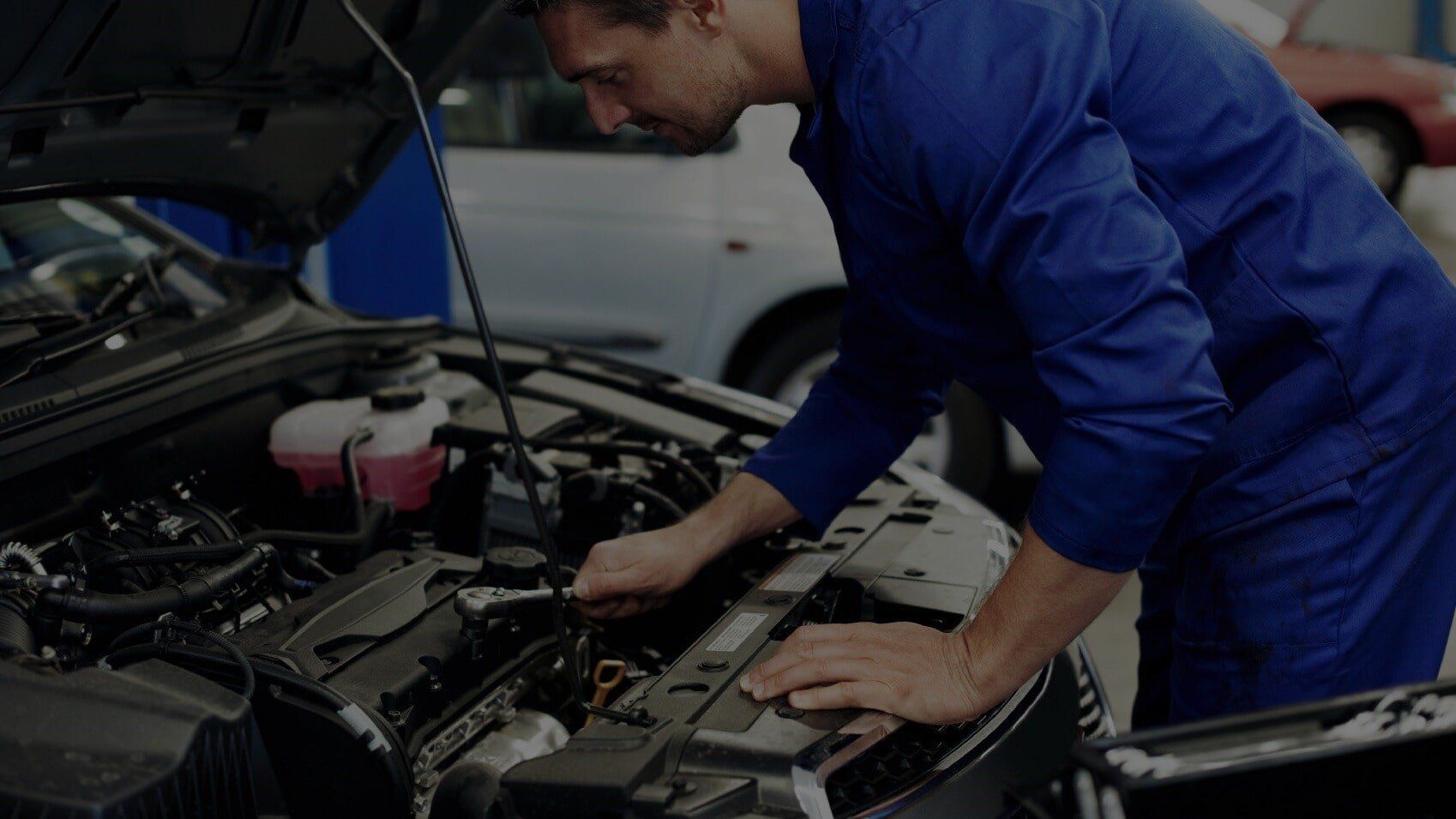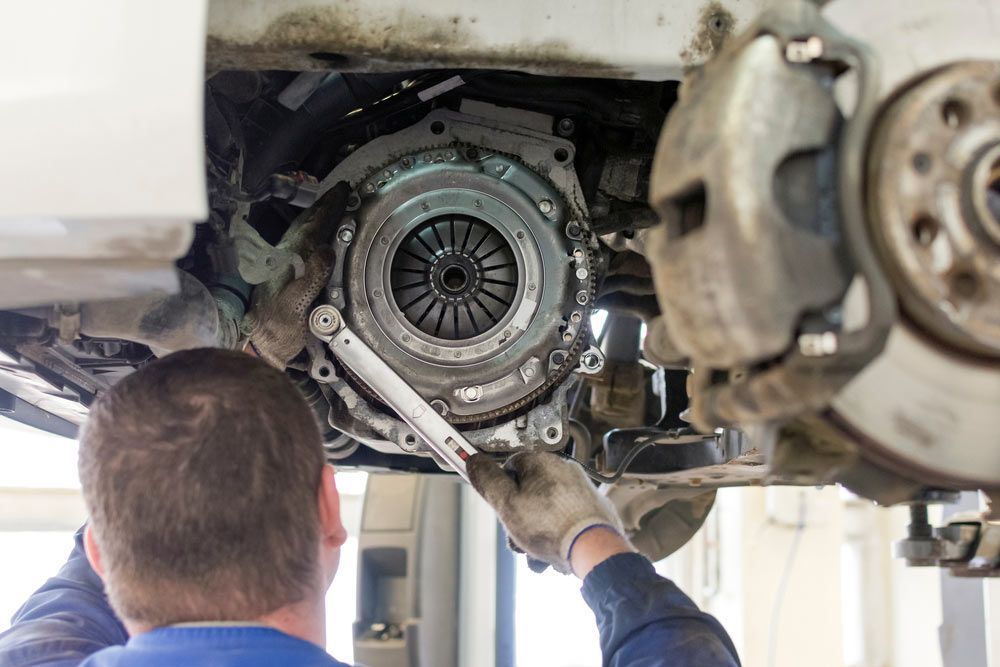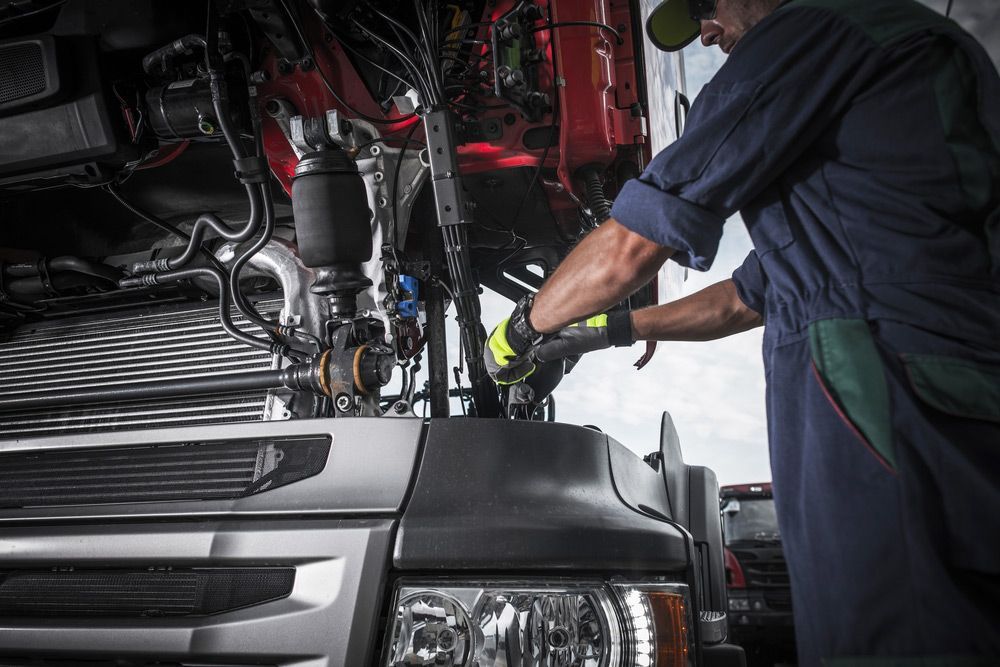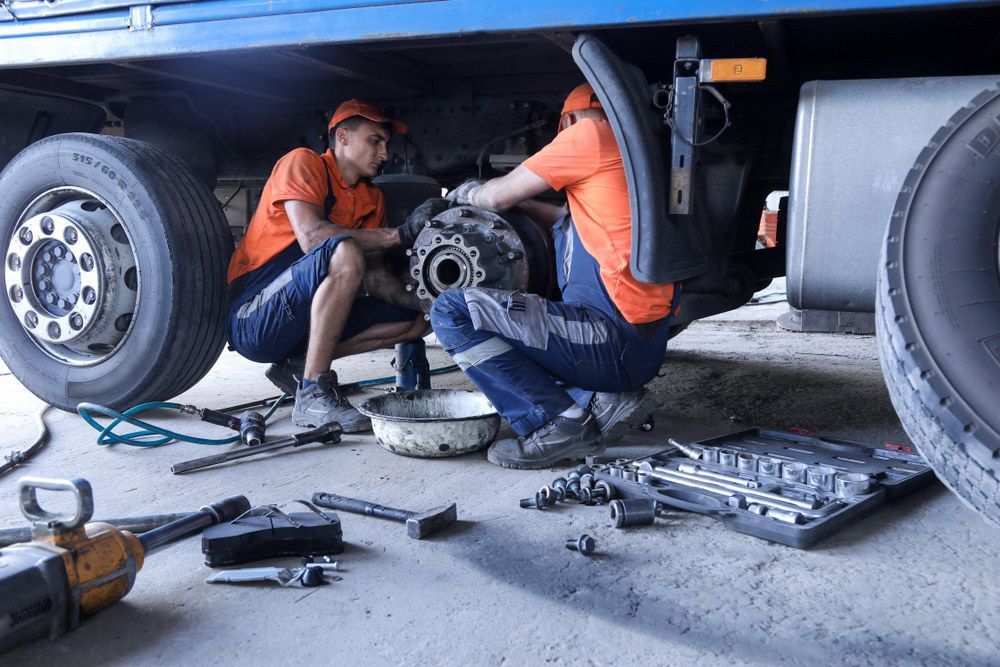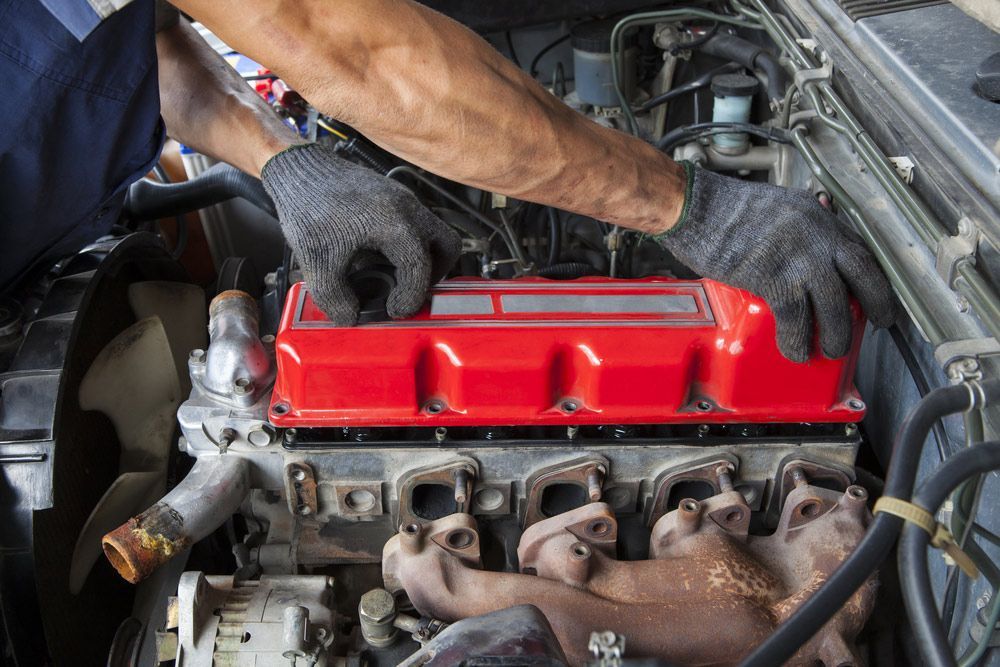The Role Of Routine Inspections In Truck Maintenance
Ever think about what might be costing your business more than you realise? It’s not always the big repairs—it’s often the minor problems that go unnoticed. That’s why routine inspections are so important for truck owners and fleet managers. They help catch issues early before they turn into expensive breakdowns. So, why are these inspections so important and how can you fit them into your maintenance routine? Let’s find out.
Prevent Unexpected Breakdowns
Unexpected breakdowns are not just inconvenient; they can disrupt schedules, delay deliveries and tarnish your business reputation. Routine inspections help detect wear and tear early, allowing you to address issues before they escalate into major repairs. By incorporating regular check-ups, you reduce the risk of unforeseen problems, ensuring your trucks are road-ready at all times.
Enhance Safety For Drivers & Cargo
The safety of your drivers and the protection of your cargo are paramount. Routine inspections play a critical role in ensuring that your trucks are safe to operate. Regularly checking brakes, tyres, lights and other safety systems can significantly reduce the risk of accidents, providing peace of mind to your drivers and clients. After all, a well-maintained truck is a safer truck.
Boost Fuel Efficiency
It’s no secret that fuel costs are a significant expense in the transport industry. Trucks that are not maintained regularly tend to consume more fuel due to inefficiencies such as under-inflated tyres, clogged filters or faulty engine components. Routine inspections help keep your trucks in peak condition, maximising fuel efficiency and reducing operational costs.
Extend Vehicle Lifespan
Investing in trucks is a significant capital outlay and you want to maximise the return on that investment. Regular inspections ensure that trucks are maintained properly, extending their lifespan and keeping them in service longer. This means fewer replacements and more savings for your business in the long run.
Key Components Of A Routine Inspection
A thorough routine inspection should cover several key components of the truck. Here’s a comprehensive checklist to get you started:
- Brakes: Check for wear and tear and ensure the braking system functions correctly.
- Tyres: Inspect tyre pressure, tread depth and overall condition.
- Fluid Levels: Check oil, coolant and transmission fluids.
- Lights: Ensure all lights, including indicators and brake lights, are operational.
- Battery: Test the battery and inspect for corrosion.
- Belts and Hoses: Look for cracks, leaks or signs of wear.
- Suspension: Check for stability and any unusual noises.
Effective Integration of Routine Inspections
Integrating routine inspections into your maintenance schedule doesn’t have to be a hassle. Start by setting clear guidelines for inspection frequency, such as weekly or fortnightly checks, depending on your fleet’s usage. Encourage drivers to conduct daily pre-trip inspections to identify any immediate issues. Using a digital checklist or fleet management software can also help streamline the process, keeping records organised and accessible.
Schedule Your Routine Inspections Today!
At BITR Enterprises, we provide comprehensive truck repairs, routine inspections and 24/7 mobile services. Our team of experienced technicians is committed to keeping your fleet running smoothly. By choosing us, you gain access to high-quality repairs, a wide range of spare parts and reliable, timely service—because we understand the true value of keeping your trucks on the road. Discover the truck inspection benefits with our professional services today.
